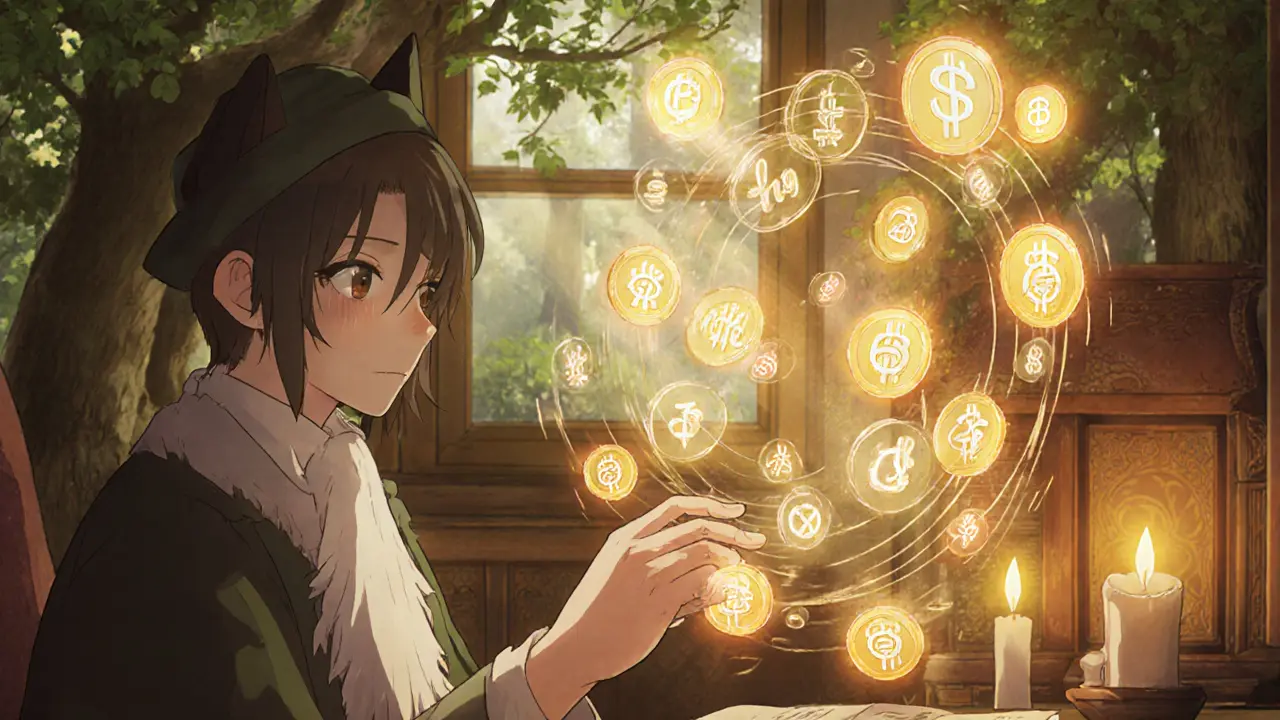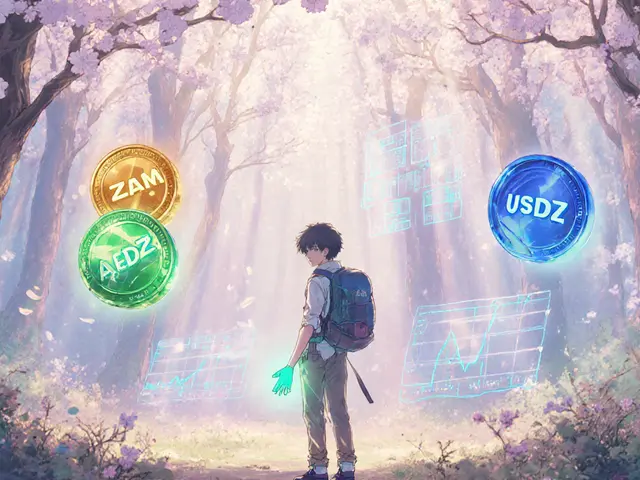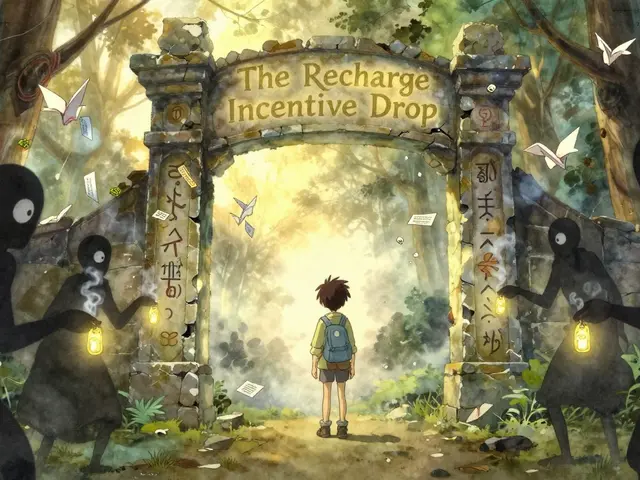Splintershards (SPS) Token Calculator
Token Overview
Max Supply:
3,000,000,000
Circulating Supply:
1,330,000,000
Current Price:
$0.0075
Market Cap:
$3.9M
Key Features
- Governance token for Splinterlands
- On Hive blockchain
- Play-to-earn rewards
- Low inflation rate
Prediction Timeline
- 2025: $0.0083 avg
- 2026: $0.0093-$0.0247
- 2030: ~$0.018
Investment Calculator
Projected Value
Tokenomics Summary
Supply Details
Max Supply: 3 billion
Circulating: ~1.33 billion
Percentage: 44%
Valuation Metrics
Market Cap: $3.9M
FDV: $24.1M
Inflation: Low
Trading Info
Exchanges: Gate.io, PancakeSwap, CoinEx
Pair: SPS/USDT
Liquidity: High
Quick Overview
- Splintershards (SPS) is the governance token of the Splinterlands play‑to‑earn card game.
- Maximum supply is capped at 3billion SPS, with roughly 1.3billion already circulating.
- Current price hovers around $0.0075, giving a market cap of about $3.9million.
- Traded on exchanges like Gate.io, PancakeSwap and CoinEx, mostly against USDT.
- Technical analysis shows short‑term bearishness, but many forecasts predict steady long‑term growth.
What is Splintershards (SPS)?
Splintershards is a cryptocurrency governance token that powers the Splinterlands ecosystem. It is abbreviated as SPS and was created to give players, asset owners and community members a say over game‑related decisions.
The token lives on the Hive‑Blockchains sidechain, meaning transactions are fast and cheap-perfect for a game where battles last only a few minutes.
How SPS Powers the Splinterlands Play‑to‑Earn Game
Splinterlands is a blockchain‑based trading‑card game where players earn real crypto assets by winning battles. The game’s core loop is built around rapid, mobile‑friendly matches that reward players with cards, skins and, crucially, SPS tokens.
The Play-to-Earn model lets users turn skill into earnings: win a match, claim card drops, then stake or trade those assets on the marketplace. SPS serves as the key decision‑making tool-holders vote on rule changes, new card releases, and treasury allocations.
Tokenomics: Supply, Distribution and Valuation
Understanding the token’s economics is essential before you consider buying. Below are the most important figures.
- Maximum Supply: 3billion SPS (hard cap, no more tokens will be minted).
- Circulating Supply: ~1.33billion SPS (about 44% of the max).
- Market Capitalization: $3.9million (price × circulating supply).
- Fully Diluted Valuation (FDV): $24.1million (price × max supply).
- Inflation rate is low because new tokens are released mainly through staking rewards and community events.
These numbers create a scarcity dynamic: once the circulating supply approaches the cap, upward price pressure could increase, provided demand stays steady.

Where and How to Trade SPS
The token is listed on seven major exchanges, with the deepest liquidity on USDT pairs. The most active market is the SPS/USDT pair, accounting for roughly 72% of daily volume.
Key exchanges include:
- Gate.io
- PancakeSwap V3 (Binance Smart Chain)
- CoinEx
- PancakeSwap V2
For retail investors, buying SPS is as simple as creating an account on one of these platforms, depositing a stablecoin like USDT, and placing a market or limit order. Some centralized exchanges-Binance, Coinbase and Kraken-also offer indirect exposure via wrapped versions or trading pairs.
Technical Analysis Snapshot
Current indicators paint a mixed picture. On TradingView, the aggregated signal is a Technical Analysis "strong sell" for both the 1‑week and 1‑month timeframes, driven by moving averages, oscillators and pivot points.
Despite the bearish tilt, SPS posted a modest 1.07% gain in the last 24hours, suggesting some short‑term buying interest. Volatility remains high, with price swings of 10%+ within a single day being common.
Price Prediction and Long‑Term Outlook
Fundamental factors-growing user base, regular card releases, and expanding DeFi integrations-support a positive long‑term narrative. Forecast models for 2025 project SPS reaching $0.0083 on average, with optimistic scenarios hitting $0.0178 by year‑end.
Looking ahead to 2026, analysts anticipate a wider range: $0.0093 to $0.0247, hinging on whether Splinterlands can attract new players and retain existing ones. By 2030, some projections still see the token near $0.018, implying a 2‑ to 3‑fold increase from today’s levels.
Risks and Considerations for Investors
Even with bright forecasts, SPS carries typical crypto risks plus game‑specific uncertainties.
- Market Liquidity: Although USDT pairs are liquid, a sudden drop in player activity could thin order books.
- Regulatory Changes: Play‑to‑Earn models are under scrutiny in several jurisdictions; new rules could impact token utility.
- Game Balance Updates: Major balance patches may shift reward structures, affecting staking yields and token demand.
- Technical Sell Signals: Persistent bearish indicators suggest caution for short‑term traders.
Proper due diligence means tracking community sentiment on platforms like Reddit (r/Splinterlands) and Twitter (@splinterlands), as well as monitoring on‑chain metrics such as active wallet counts and staking participation rates.
Frequently Asked Questions
What can I do with SPS tokens?
SPS lets you vote on game upgrades, stake for rewards, and trade on secondary markets. Holding SPS also grants access to exclusive tournaments and limited‑edition cards.
How is SPS different from other gaming tokens?
Unlike many tokens that only serve as a currency, SPS is a governance token. It directly influences the development roadmap of Splinterlands, giving the community real control.
Where can I store SPS safely?
Because SPS lives on the Hive sidechain, any wallet that supports Hive assets-such as Hive‑Keychain, Anchor or Ledger hardware-can hold SPS securely.
Is SPS inflationary?
Inflation is low. New SPS enters circulation mainly through staking rewards and community events, not through unlimited minting.
What factors could boost SPS price?
Increased player adoption, successful new card releases, and expansion of staking incentives are the top catalysts. Partnerships that bring new users to Splinterlands also tend to lift the token.








Write a comment
Your email address will be restricted to us